“Remaining silent about family pain is rarely an effective strategy for healing it. The suffering will surface again at a later time, often expressing in the fears or symptoms of a later generation.” - Mark Wolynn
This quote hurts and cuts deep. Reading it makes me want to spill every single word about my own experiences with generational trauma I hold inside of me, healed and unhealed, on this page. I’m not here to do that. I’m here to share resources that show it is possible to break the cycle of generational trauma. I’m here to show, with personal experience, that it is possible to break the cycle of generational trauma. Briefly, generational trauma is trauma that has been transferred from one generation to another. These traumatic events can shape and impact the way that generations to come understand, cope, and heal.
Stephanie Hutchins said, “Your pain didn't start with you, but it can end with you.” I find this to be entirely true. As a mom, it has been my number one priority to not let my children experience the heartaches and hardships that I have experienced. I spent a lot of time battling the choices that I could make, and how they would affect my life, myself, and my children. Dakota King-White said: “Parents affected by trauma may be less able to respond optimally during usual developmental crises and in result, are unable to help their child comprehend the world in a healthy manner.” THIS is exactly what I experienced with my mom as a child and THIS is exactly what I will not do as a parent. As an example, I was often given the silent treatment as a child when my mom was unhappy about anything – not just necessarily something I did. As a parent, I try to talk about what I am feeling and why, and when my 7-year-old is experiencing hard emotions, we don’t let him shut down and run to his room. We will give him a few minutes to collect his thoughts, but then we make him talk about it because if he doesn’t tell us, we can’t help him. As a child, I spent a lot of time taking care of my mom, and essentially, being the mom in the relationship. My mother handed me her heartache after every breakup she experienced and would tell me that “everyone always leaves.” Because I was told everyone always leaves, I grew up believing it and as a result, I didn’t often show my vulnerable side to others out of fear of their departure. My mother’s parents divorced when she was in elementary school, and her mother’s parents divorced, as well. This cycle of divorce influenced the way that each of them coped with their grief, and that cycle was passed on to me; however, I refuse to pass that cycle down to my children.
As a way to heal this generational trauma and my childhood trauma, I tried many different things. The two things that absolutely made a positive impact were therapy and cutting ties with my mother. My mother wasn’t in a place to accept responsibility for the things she had done and I wasn’t in a place to act as a parent to her anymore. It was a hard decision to make and took lots of time to act on it; however, I stopped contact with her in February of 2022. It was one of the best decisions I have made. On top of that, therapy has been incredibly beneficial. I have learned how to heal my inner child and have had the realization, with the help of my therapist, that the things that happened to me were not my fault. Allowing myself to reflect thoroughly on these experiences over a period of time, without the presence of my mother in my life, has made such a difference. I feel that because of this, I have been able to become a better mother and hopefully lessen the impact of generational trauma on my children.
Dana Acuri said: “Healing generational trauma takes courage and strength. It’s common for dysfunctional families to deny their abuse. They silence victims and dump toxic shame onto them. Complicit families keep abuse alive from generation to generation, until one brave survivor boldly ends the cycle of abuse.” Parenting for Brain says the first step is knowing that YOU are able to break this cycle. It is important to acknowledge the trauma and set goals to break this trauma. This can include making a plan to change your parenting style, making a plan to better yourself whether it is by attending therapy or participating in more self-care, or anything else you can think of that would be beneficial to you. Just note that it is important to seek help– whether it’s a therapist or a friend, establish a support system. The most important thing is to have compassion for yourself. You are doing the work, and it is going to be hard work. But it will entirely be worth it.
In all of this, in no way am I saying my way is the right way. All I am showing is that it is possible to break the curse of generational trauma. It is possible to be a better parent than the parents we had. It is possible to grow and heal. Healing is not linear, and there is a different path out there for everyone. Finding the path that works best for you and following through with that path can heal you in a way you never thought was possible, and can heal generations to come. Remember, healing doesn’t happen overnight. Breaking the cycle of generational trauma will be a long and tolling process, but it can be done.
Resources:
https://www.parentingforbrain.com/trauma-cycle/

